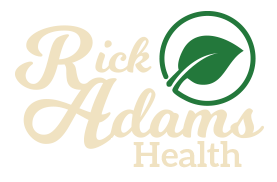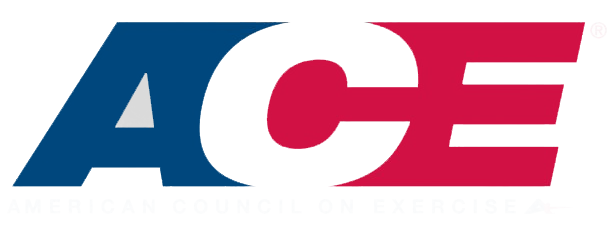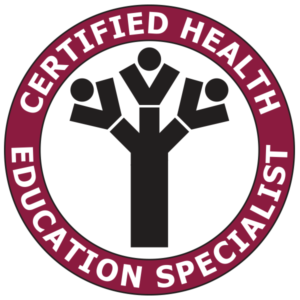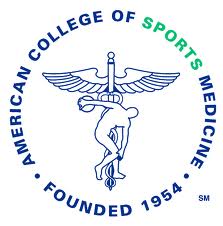Healthy Living in Recovery: How to Make Better Choices and Save Money Doing It
Money is tight when you’re in recovery. Not only does addiction do a number on your finances,
but once you’re clean, you also have to pay for rehab and start rebuilding your life from the
ground up. So, when everyone talks about the importance of getting healthy in recovery, it’s
easy to think, “With what money, exactly?”
The truth is, telling yourself you can’t afford to fix your health is just another excuse to avoid fully
committing to recovery. If you’re going to succeed in sobriety, you need to take complete
ownership of your body and your choices. Luckily, there’s a lot you can do to heal your body
and mind without blowing your entire budget.
The Healing Power of Exercise
Exercise doesn’t just give you something to do during the times you’d otherwise be using.
Exercise also adds structure to your day, relieves stress and depression, and heals damage to
your heart health, immune system, and physical fitness inflicted by addiction.
That’s all well and good, but what if you can’t afford an expensive monthly gym membership?
Good gyms aren’t cheap, and on top of membership fees, you have to buy workout clothes, gym
shoes, a gym bag, and other gear just to get started.
Instead, skip the gym and use the money you’d spend on monthly dues to buy home workout
gear. You’ll ultimately spend less and have a more accessible place to work out. Gadgets like
activity trackers and smart scales keep you accountable to your fitness goals, while inexpensive
equipment like free weights and running shoes get you started with aerobic and strength
training. When you’re ready to upgrade your home gym, search for coupons and promo codes
to score discounts on full-priced gear. With a Best Buy promo code, you can save money on
exercise equipment like stationary bikes, adjustable kettlebells, resistance bands, and more.
Nutrition’s Role in Addiction Recovery
Healthy eating is not a priority when you’re using. People in active addiction skip meals; choose
cheap, empty calories over nutritious foods; and develop nutrient absorption issues due to the
damaging effects of drug and alcohol abuse on the gut.
Poor eating habits perpetuate the cycle of addiction by disrupting your brain chemistry. This
leads to irritability, anxiety, depression, and other emotional triggers that drive you to use. To
conquer cravings and restore health to your body and mind, you need to eat a diet rich in
complex carbohydrates, protein, healthy fats, and fresh fruits and vegetables.
It’s a common misconception that healthy eating is unaffordable. It can be expensive, especially
if you shop at the most expensive stores or eat out instead of cooking at home. But preparing
healthy meals at home is cheap and easy when you develop a basic meal plan and use coupon
apps to save money at the grocery store. Cut your grocery costs more by eating meatless meals
a few times per week, learning how to cook cheaper cuts of meat, buying in-season produce,
and shopping in the bulk section for grains, nuts, and beans.
Managing Stress Without Substances
Good news: Eating well and exercising don’t just improve your physical health — they boost
your mental wellness too. However, that’s not all you need to do to break your habit of reaching
for drugs and alcohol in times of stress. Good stress management habits are key to avoiding a
relapse when things start to get tough.
Yoga classes and massages are a lovely way to unwind, but you have plenty of other options if
those activities aren’t in your budget. Reading, meditating, and journaling are three ways to
unwind that cost nothing at all. If you find solace in spending time outdoors, splurge a little on
hiking boots or gardening tools, shopping last season’s stock to help save money. Hiking and
gardening are among the best stress-reducing activities thanks to the therapeutic effects of
nature, and after the initial investment, they’re practically free.
Ultimately, living a healthy lifestyle is one of the most budget-friendly things you can do. Not
only do healthy habits increase your chance of succeeding in recovery — which means less
money lost to drugs and alcohol — but they also counteract the expensive health issues caused
by prolonged substance abuse. Instead of viewing health and fitness costs as just another
expense, see them for what they really are: an investment in yourself.
Jennifer McGregor











